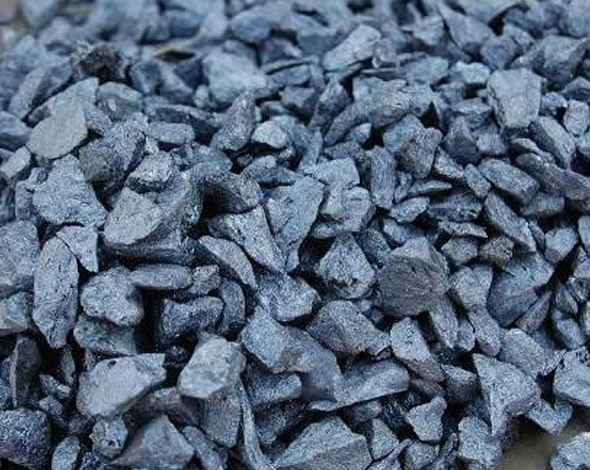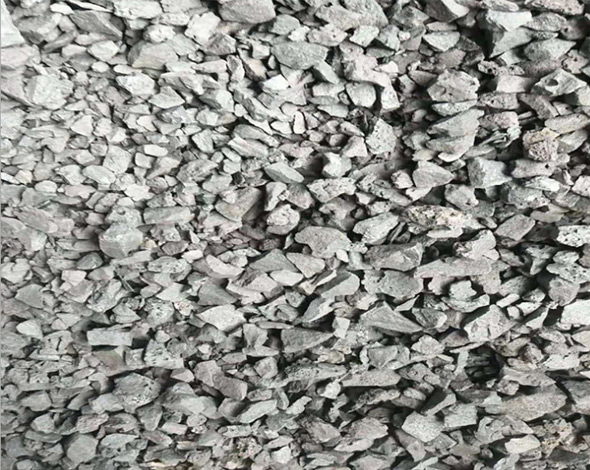Silicon carbide has four main application areas, namely: functional ceramics, refractory materials, abrasives and metallurgical raw materials. Coarse silicon carbide materials can already be supplied in large quantities and cannot be regarded as a high-tech product. The application of nano-scale silicon carbide powder with extremely high technical content is unlikely to form economies of scale in a short time. [2]
Silicon carbide has stable chemical properties, high thermal conductivity, low thermal expansion coefficient, and good wear resistance. In addition to being used as abrasives, there are many other uses, such as: coating silicon carbide powder on water turbine impellers or cylinder blocks with a special process The inner wall can improve its wear resistance and prolong its service life by 1~2 times; the refractory material made of it has heat shock resistance, small size, light weight and high strength, and has good energy saving effect. Low-grade silicon carbide (containing about 85% SiC) is an excellent deoxidizer. It can speed up the steelmaking speed, and facilitate the control of chemical composition and improve the quality of steel. In addition, silicon carbide is also widely used to make silicon carbide rods for electric heating elements.



